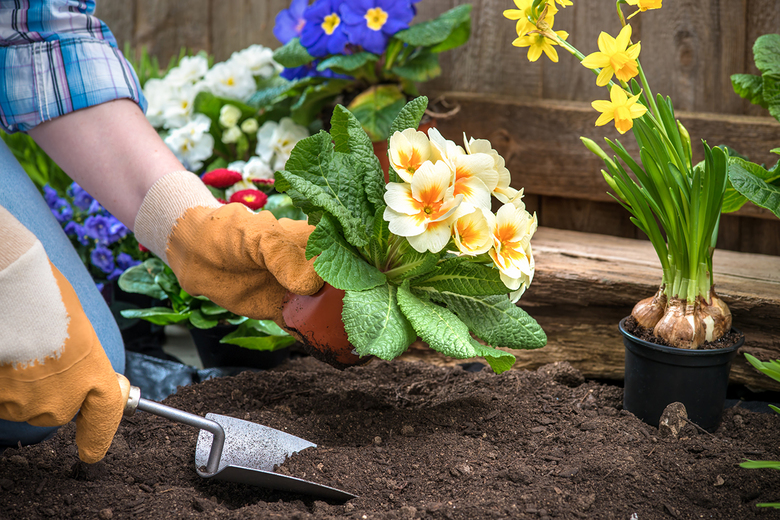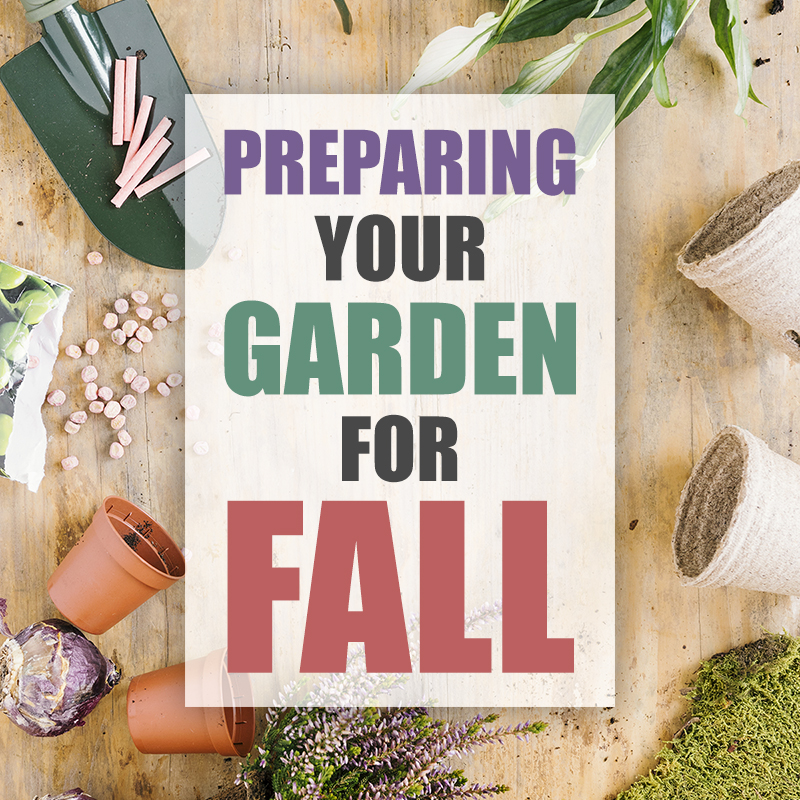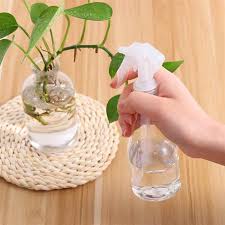by Ingrid Justick:
Vol. 26, No. 2

When we are working in our gardens, we are Nature ourselves, looking after and tending Nature, and that not very complex act, somehow, leaves us not only physically strengthened, but takes on a spiritual and healing overtone. We experience many positive effects when we garden, or just spend time in there. Experts agree:
♥ An hour in the garden is equal to one hour of meditation for reducing blood pressure.
♥ Physiologists report heightened muscle relaxation, slower breathing and increased endorphin production among gardeners.
♥ Psychologists say self-esteem, patience and generosity are boosted when people garden.
Simply stated: If you want to increase your joyful feeling in yourself – find a garden. The peace and serenity it offers are un-measureable! Tending plants teaches us about the true rhythm of life – that it cannot be forced, only nurtured, we just work the soil and let Nature do its own magic.
Herbal plants have a physiological influence on gardeners, the smell of Lavender affects the limbic system of the brain, it calms. Mint relaxes. If we observe all the signs of Nature, we find that it offers us everything at the time our bodies are in need. “Dandelion greens” are a Spring tonic that invigorate and strengthen all systems to help to purify our body after a long winter of rich foods.
Its slightly bitter taste increases “bile flow,” which enhances liver function and eliminates harmful toxins in the blood stream. Rosemary, according to Dr. James Duke, is a very powerful memory-enhancer. It contains cineole, a central nervous system stimulant. Chamomile and Lemon Balm are relaxing and sedative.
So if we want to get in touch with our kinder, gentler self, the plant kingdom can help. The interconnectedness of Nature can benefit us in so many positive ways – if we choose to be a part of it!
While we are gardening – outdoors or indoors – we can
honor our Earth by treating it with Love!
For environmentally friendly information call: 732-922-2935















